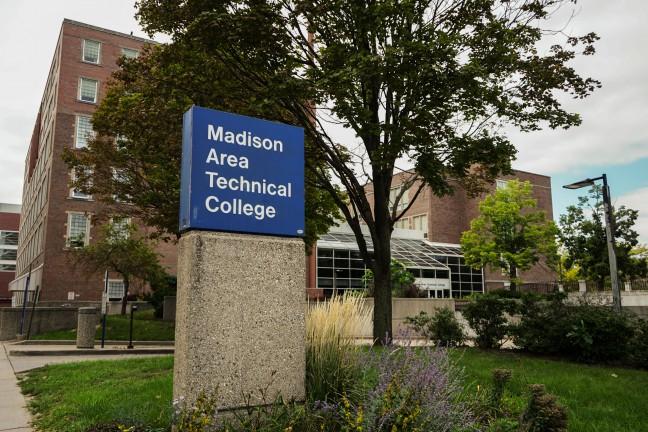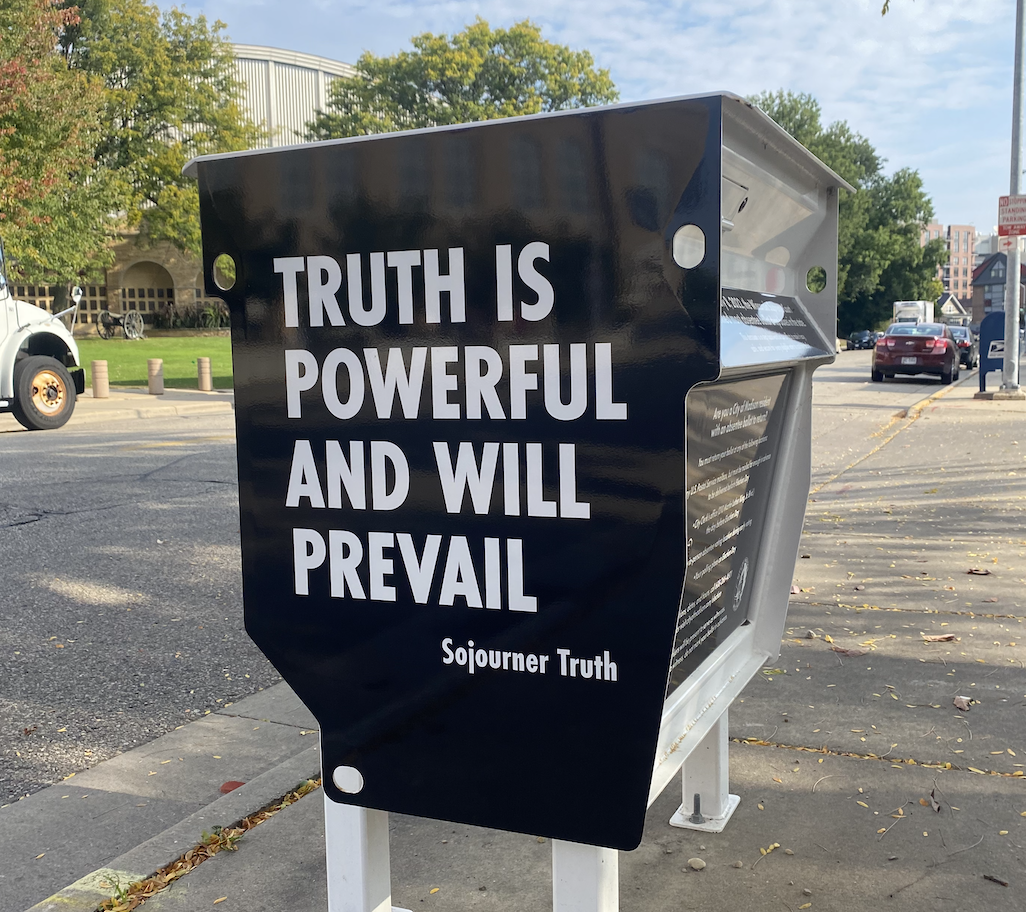Few issues demand as much attention among college students as alcohol and nicotine, and when the worlds of depressants and stimulants collide any observer can predict a firestorm of controversy. The smoking ban — officially barring tobacco use in bars — mobilized nicotine enthusiasts and public health advocates alike well before it went into effect July 1. While both sides maintain an unyielding position, we believe a final judgment should be withheld until some critical questions are answered.
Opponents of the ban have expressed concern about hordes of drunken college students congregating on the sidewalk to light up. It remains difficult to predict whether the mass behavior of inebriated college boys and girls will prove relatively tame, or if an orgy of fights among smokers and bouncers will ultimately erupt into weekly small-scale Halloween riots.
Irish pub owners last year responded to a smoking ban by allowing their patrons to smoke in newly added patios and recently opened roofs, or by simply demolishing the ceiling. Will Madison bars follow Dublin pubs’ example, and will the city allow such measures?
Perhaps the most important issue determining the success of the smoking ban will be its affect on bars’ profit margins. Areas around Madison boast a wide number of bars that need not submit themselves to the smoking ban. While students will presumably frequent the same bars, there exists an entire community of non-student Madisonians who have access to cars and have no problem driving five minutes to the city line in order to enjoy a cigarette with their drink.
Although the controversy began in Madison well before most current students learned their ABCs, the council ignored years of debate and hastily put together a law containing several glaring omissions, the most prominent of which involves failing make exceptions for cigar and hookah bars. Such bars attract patrons with the offer of a fine cigar or a cornucopia of fruit-flavored tobaccos, not a double whiskey and a menthol.
If the law remains unchanged, these institutions will likely lose much of their allure simply because they make a certain percentage of their revenue from alcohol sales. The Madison City Council passed this law aiming to protect workers from a smoky environment, but one could hardly imagine a bartender at a cigar bar would be disturbed by secondhand smoke.
Yet secondhand smoke is not all that worries the City Council — it goes one step further and has taken the liberty to protect bartenders from the dangers of second-hand chew. Under the new ordinance, dip joins its smokeable counterpart as being unwelcome in Madison bars. Unless the city council has secret information detailing the adverse health effects of finding a putrid mass of brown goo on one’s shoes, the city council should permit bar-goers to chew tobacco.
Finally, the smoking ban also fails to exempt sole proprietorships — businesses owned by a single individual personally accountable for all liabilities. Many sole proprietorships have no employees on payroll and the owner frequently is the lone bartender. Since the council directed the smoking ban at employee health and sole proprietorships lack employees, we believe the owner should have the freedom to work in a smoke-filled environment.







